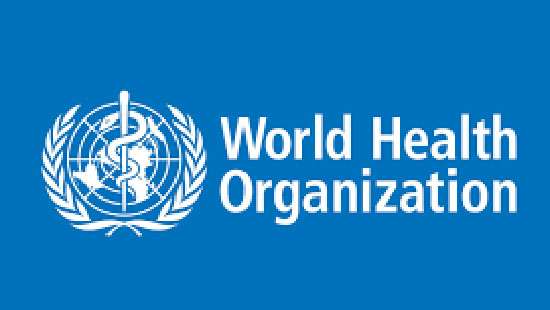Reply To:
Name - Reply Comment

The World Health Organization declared a global health emergency on Thursday as the coronavirus outbreak spread well beyond China, where it emerged last month.
The move reversed the organization’s decision just a week ago to hold off such a declaration. Since then, there have been thousands of new cases in China and clear evidence of human-to-human transmission in several other countries, including the United States.
All of which warranted a reconsideration by the WHO’s emergency committee, officials said.
The declaration “is not a vote of no-confidence in China,” said Tedros Adhanom Ghebreyesus, the WHO’s director-general. “On the contrary, the WHO continues to have confidence in China’s capacity to control the outbreak.”
The declaration comes now, he said, because of fears that the coronavirus may reach countries with weak health care systems, where it could run amok, potentially infecting millions of people and killing thousands.
Following the declaration, the State Department on Thursday night warned travelers to avoid China altogether.
China’s Foreign Ministry spokeswoman, Hua Chunying, said that the country “is fully confident and capable of winning the battle against this epidemic.”
In a statement on the ministry’s website, she added that China was willing to continue to work with the WHO and other countries to safeguard public health.
The WHO’s declaration — officially called a “public health emergency of international concern” — does not have the force of law.
The agency is governed by an annual convocation of the health ministers of all U.N. countries, and its role is only to offer advice. Governments then make their own decisions about how they protect themselves.
States of emergency are “merely guidance,” said Dr. David L. Heymann, a former WHO assistant director-general who now analyzes the work of the agency’s emergency committee. Governments and even private companies “may or may not follow it.”
Nonetheless, emergency declarations signal that the world’s top health advisory body thinks the situation is grave. Many scientific experts welcomed the decision.
The public health emergency “allows them to further lean into the role of global leadership for governments and the private sector,” said Dr. Thomas R. Frieden, the former director of the Centers for Disease Control and Prevention and a veteran of several global health emergencies.
The first goal, he said, should be to understand more about how the virus is spreading — whether mostly in hospitals and clinics, what ages and sexes or professions are most affected, how sick they become and what risk factors are dangerous.
But Amir Attaran, a professor of law and epidemiology at the University of Ottawa and a frequent WHO critic, called the declaration “inexcusably late.” The committee’s reasoning that it lacked enough scientific evidence to declare an emergency last week was “balderdash,” he added.
“WHO is paralyzed for the same political reasons that ruined its scientific judgment in SARS, Ebola and Zika,” he said. “Borders are closed, aircraft grounded and ships anchored as WHO mutely dithers over whether or not to declare an emergency.”(nytimes)